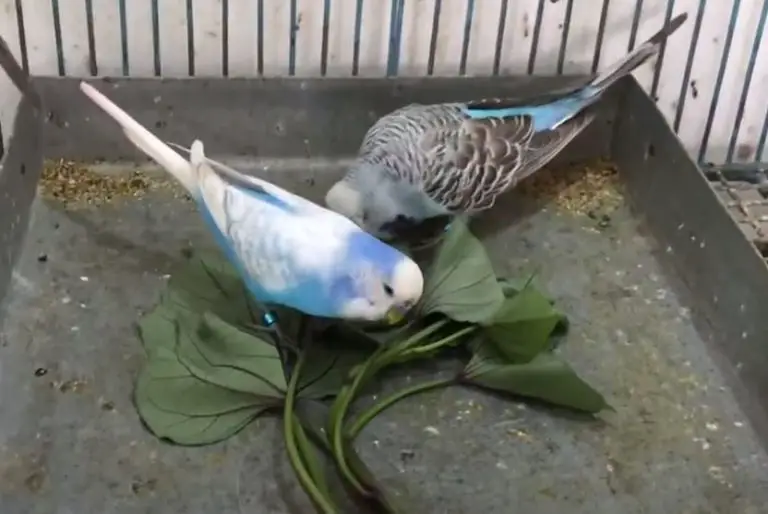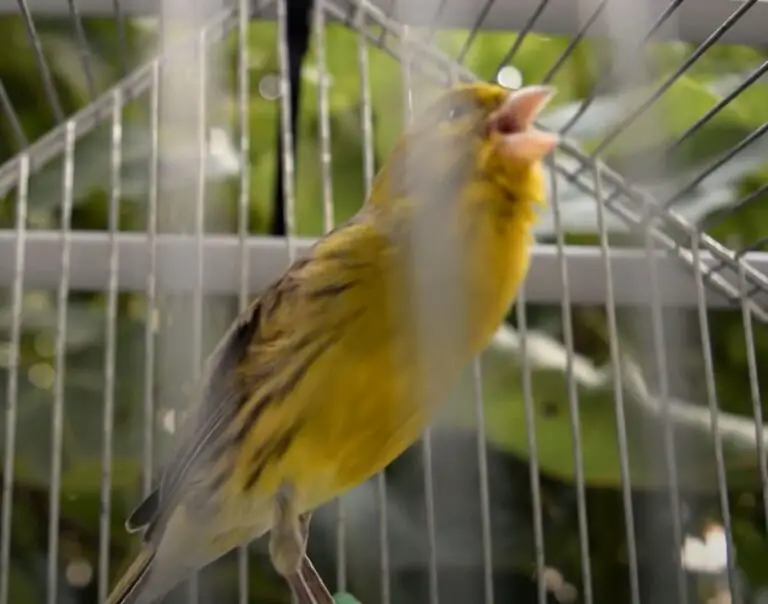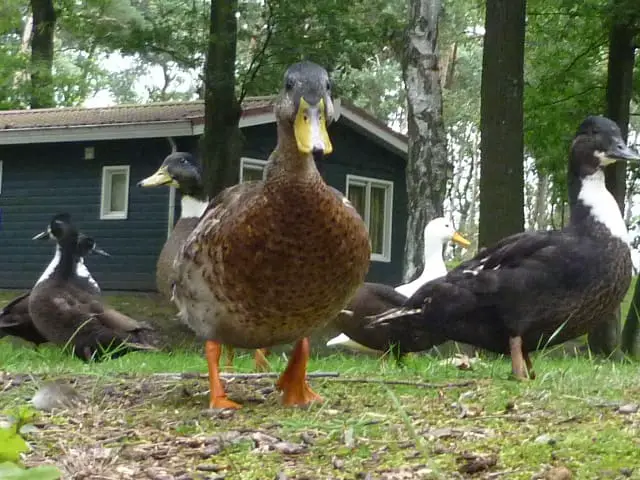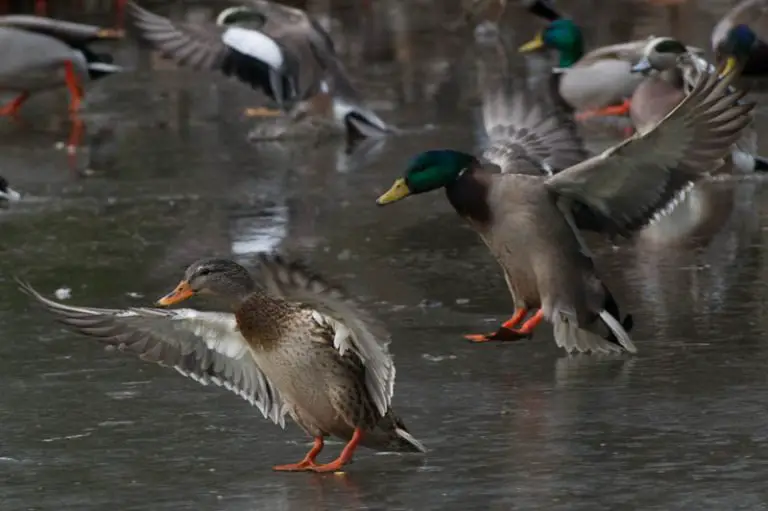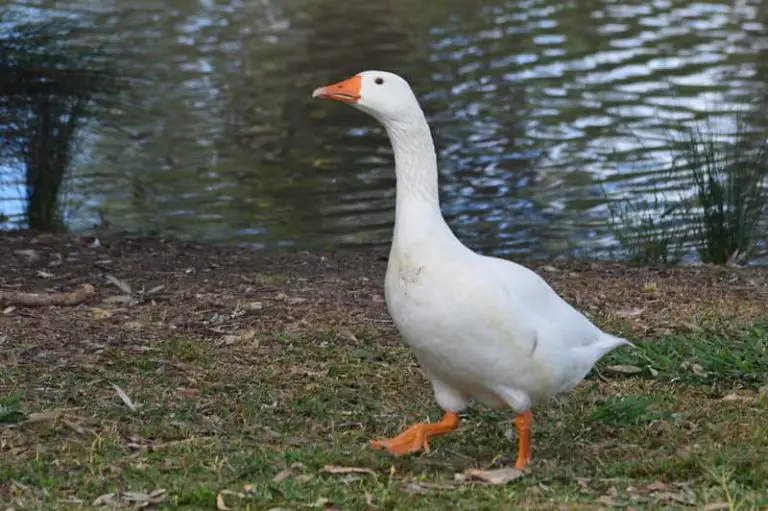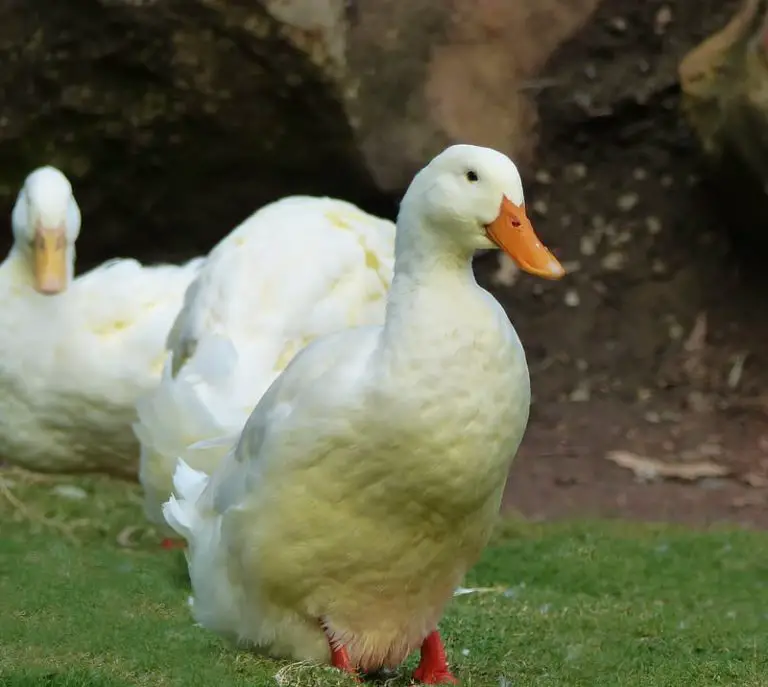How Long Do Cockatiels Sleep? (Solved)
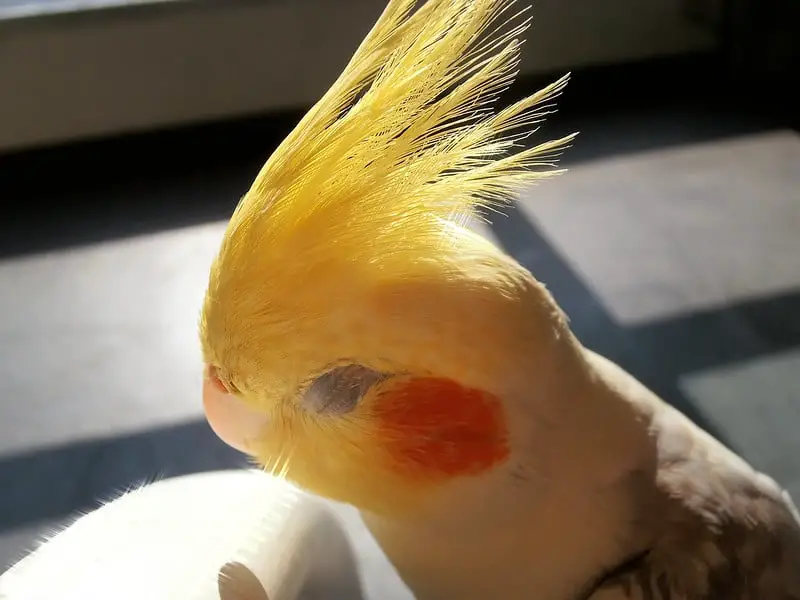
All animals and pets, including humans, must sleep. Why? It is a question that is not yet known by scientists. However, it is suspected that during sleep, the brain reorganizes its nerve connections and thus regenerates and processes the information of the day.
It is very important that the cockatiel or nymph sleeps the appropriate amount of time continuously throughout the day to maintain its healthy condition.
The deprivation of the sleep is a main cause of the problems of behavior like stinging or plucking of the feathers.
The cockatiels sleep between 10 and 12 hours, so that they need to sleep much more than us. No noise or lights can wake it up during this time.
So if your cockatiels are used to staying in the living room until late, then you will need to change the cockatiel’s cage to a different room when it sleeps. A cockatiel that sleeps the hours it needs is a calm, less- stressed and more happy bird.
Problems due to lack of sleep in Cockatiels
It is known in humans that deprivation or lack of sleep can weaken the immune system. The situation is similar with pet birds such as the cockatiels.
In addition, like us humans, cockatiels can be irritable when they are too tired. Coexistence with fellow species can be blurred as a result, because they have to act as “valves” for the accumulated “pressure”.
This can go so far that a cockatiel that has slept very little, and only wants to rest a little, can violently peck at anyone that approaches it.
If the chronic lack of sleep is pronounced, behavioral problems can occur. Some birds preen their plumage excessively or start plucking their feathers due to constant stress. Others show nervous tics such as shaking their legs. These are often related to a vitamin B deficiency.
Because the body needs more B vitamins in stressful situations, and chronic lack of sleep means stress for the body, the amount of vitamins ingested with food is insufficient in some birds to meet needs.
In this case, simply increasing vitamin intake would be too short-sighted. It is crucial to solve the basic problem and prevent chronic sleep deprivation.
Should you cover your Cockatiel at night?
You can cover the cage of your cockatiels at night to help them sleep but that is not enough if you want to isolate them from the noise and light and help them rest.
It can help move your cockatiel in its cage to a quiet room that can be darkened from around 8 p.m. at night.
This gives the cockatiel the opportunity to have enough night sleep even in summer. If the birds are kept in the living room, it is usually not enough to put a cloth on the cage at night while the room is still lit or the television is on, music is played or a conversation is held.
The light that penetrates through the cloth into the cage and the noises mean that the cockatiels do not sleep deeply, but at most fall asleep. It cannot be compared to real night sleep and in the long run, it is not very relaxing for them.
Much light can alter the hormones of the Cockatiels
Several species of birds react to a large amount of light or long periods of illumination with increased hormone production. This is often observed in male cockatiels, for example. For this reason, their hormones often actually boil in winter if artificial light is switched on in the house for a long time.
If a male who is hormonally stimulated in this way constantly harasses his partner, that’s why many cockatoos often lay eggs in winter and want to hatch.
This can go so far that male cockatiels are extremely “flooded” with hormones and do not give their partner a minute’s peace of mind. They constantly harass them with behavior and mating attempts.
Their breeding mood, which sometimes increases to the extreme, means enormous stress for the birds. To calm the situation again, a strict nightly rest period in low light for at least ten or better twelve hours is helpful.
Why do the cockatiels sleep with their heads turned?
Cockatiels stick their heads in their dorsal plumage. The head is rotated 180 ° and sunk into the plumage up to the eyes. One leg is drawn in and the plumage is slightly fluffed up. This sleep behavior is an adaptation of protection against the cold in its natural environment. Because this is the least amount of heat loss.
Do cockatiels sleep with their eyes open?
The Cockatiels can sleep with one eye open and one eye closed, this is a common custom among many birds to be able to recognize in time any danger in their environment.
This sleeping phenomenon in birds has been scientifically analyzed. Researchers from Indiana State University studied the sleeping habits of birds in mallard ducks.
To do this, they recorded the animals’ brain waves. A group of ducks slept, the outside animals also slept, but with one eye open so they could be completely awake in seconds in case of danger and to run away if necessary.
Measurements have shown that half of the brain responsible for the sleeping eye “slept”. The one with the open eye was in a waking state, but in order for the birds to fully recover, they changed position and the other half of the brain fell asleep.
This phase is called USW (unihemispheric slow-wave sleep). One half of the brain is in deep sleep and the other half is active or sleeping superficially.
Night panic attacks in Cockatiels
It is quite common among cockatiels owners to feel a great movement in the cage/aviary at night and observe that the birds seem to be panicking.
The definition of a nocturnal scare attack is when birds (especially cockatiels) start flapping their wings, rushing and flying as if they were terrified.
Cockatiels are not capable of seeing in the dark and so they collide with the bars of the cage, sticks, toys, and can do serious damage to themselves.
Also, this action seems to be contagious, since when one bird starts, all the others fall prey to panic, even if they are in separate cages.
The cause of these panic attacks is not very clear. There are theories that say it is due to the presence of movement near the cage that the cockatiels perceive as a threat, sounds, presence of lights, air currents (air conditioning, fan, window, etc.)
The last theory is that of nightmares. Scientists claim that birds can dream just as we do but it has not been proven that they can have the same kind of nightmares as we do. Furthermore, it does not justify, in part, that the attacks are transmitted to all the birds in the room.
If one of these unpleasant situations occurs, what you should do is immediately turn on the lights in the room and gently talk to the birds. Do not try to catch them as you will make the problem worse.
You should always evaluate the Cockatiels to see whether or not injuries have occurred and the magnitude of them: the sooner you attend to them, the better the prognosis.
Other practical solutions proposed by bird owners are
- Cover the cage at night
- Leave a dim light on indirectly, so the Cockatiels can see
In case of sleeping the birds in a room far from yours, it is recommended to put a transmitter like the babies during the night to detect problems in time.

